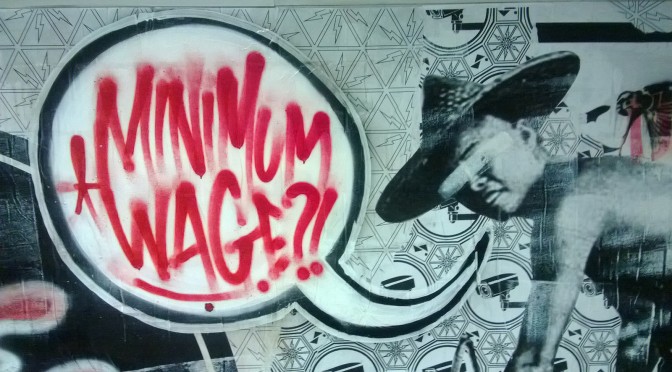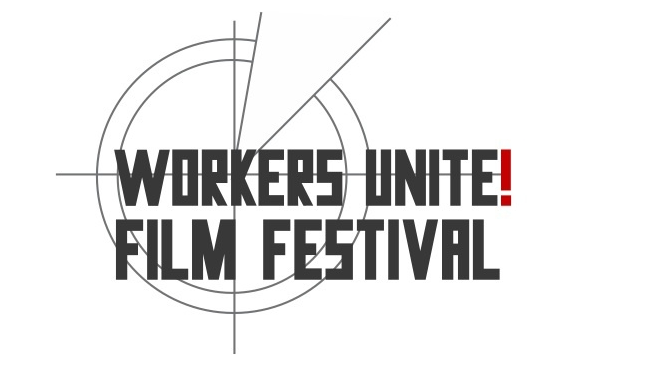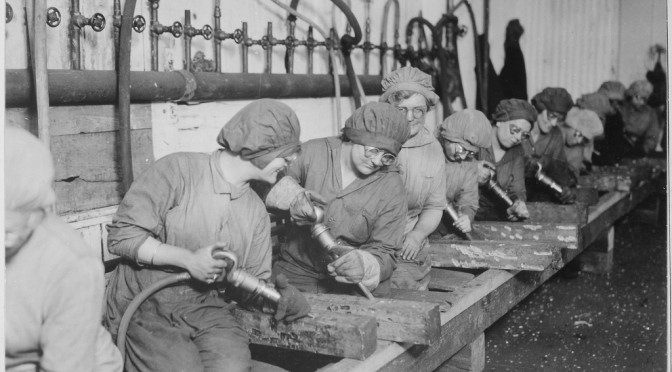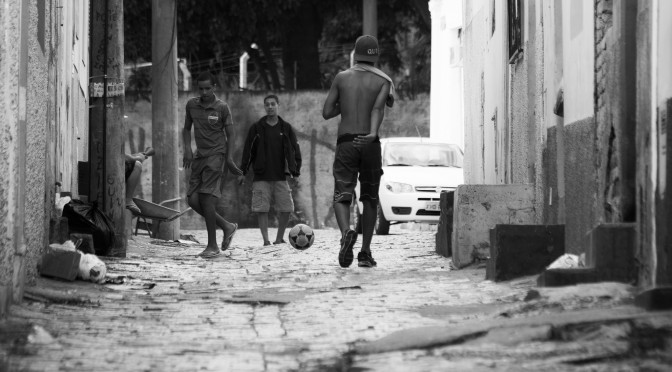Following in the footsteps of Seattle, San Francisco and Oakland, the Los Angeles City Council voted today to increase its minimum wage to $15/hour by 2020. The NYTimes is calling this “perhaps the most significant victory so far in the national push to raise the minimum wage.”
“The effects here will be the biggest by far,” said Michael Reich, an economist at the University of California, Berkeley, who was commissioned by city leaders here to conduct several studies on the potential effects of a minimum-wage increase. “The proposal will bring wages up in a way we haven’t seen since the 1960s. There’s a sense spreading that this is the new norm, especially in areas that have high costs of housing.”
Tuesday’s vote could set off a wave of minimum wage increases across Southern California, and the groups pressing for the increases say the new pay scales would change the way of life for the region’s vast low-wage work force.
Read more at the New York Times.






